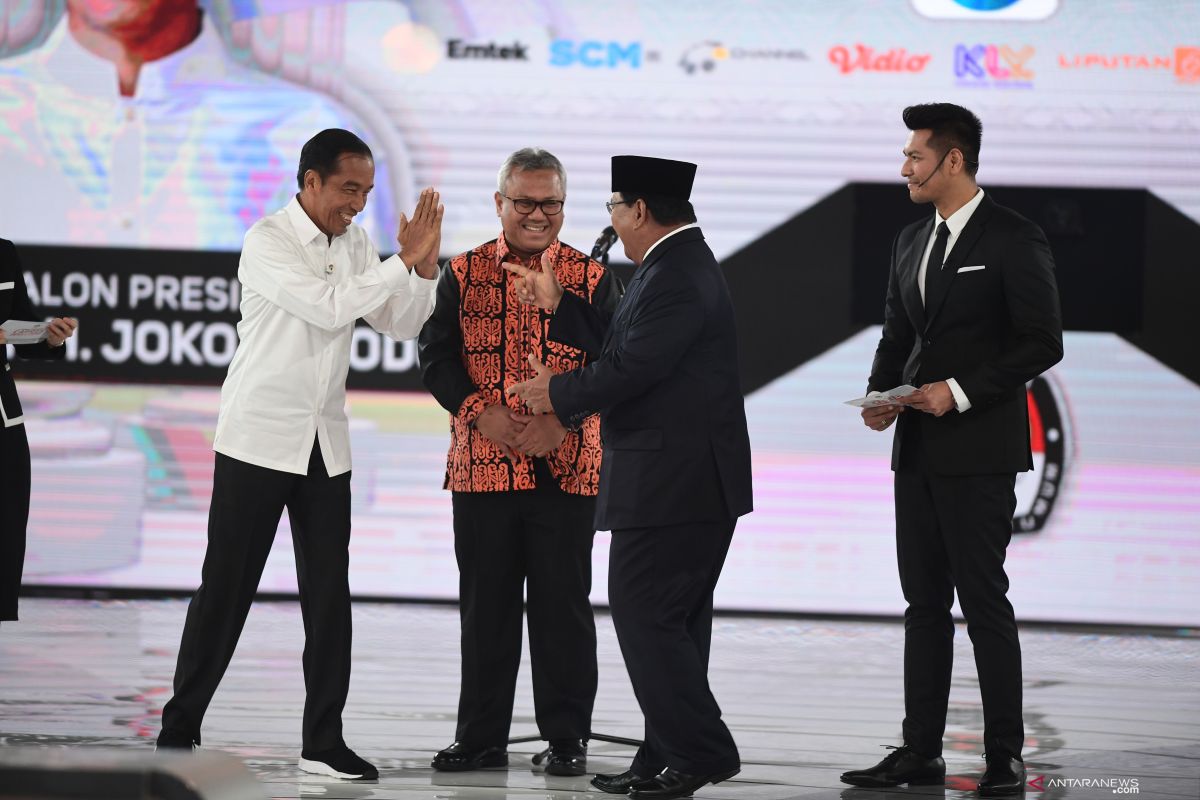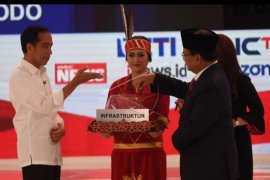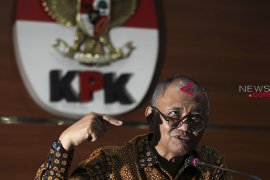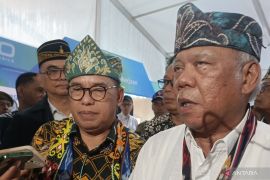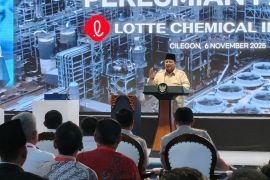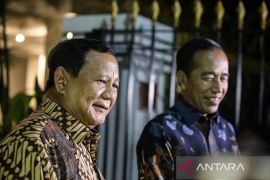"(In the midst of the current challenges of) weakened multilateralism and increasing protectionism, Indonesia must remain strong and dignified to carry out independent and active foreign policy," Jokowi said during the fourth round of presidential debate at the Shangri-La Hotel in Jakarta on Saturday evening.
The principles underlying Indonesia’s foreign policy were expounded for the first time by Mohammad Hatta on September 2, 1948 at Yogyakarta in Central Java. According to the Ministry of Foreign Affairs description, the policy is independent because Indonesia does not side with world powers. As a matter of principle, so doing would be incompatible with the country’s national philosophy and identity as implied in the state ideology Pancasila.
The foreign policy is active to the extent that Indonesia does not maintain a passive or reactive stand on international issues but seeks active participation in their settlement.
In other words, Indonesia’s independent and active policy is not a neutral policy, but it is the one that does not align Indonesia with the super powers nor does it bind the country to any military pact.
Essentially, it is a policy designed to serve the national interest while, simultaneously, allowing Indonesia to cooperate with other nations to abolish colonialism and imperialism in all their forms and manifestations for the sake of world peace and social justice. This explains why Indonesia was one of the founding members of the Non-Aligned Movement.
"(We must be) independent to carry out policy regarding our national interests, but, at the same time, active in contributing to the world peace," Jokowi noted.
One of Indonesia's efforts to contribute to world peace is to increase the capacity of UN peacekeepers, including by increasing the role of women in the UN Peacekeeping Force.
Among the 15 members of the UN Security Council for the period of 2019-2020, Indonesia is the largest contributor to the UN Peace Mission.
Last year, Indonesia sent 850 personnel, including 22 women. As of November 2018, the number of Indonesian peacekeeping personnel reached 3,545 people.
Therefore, Indonesia will pay attention to increasing the efficiency and effectiveness of the UN Peace Mission in addition to other global issues.
Translator: Yashinta Difa Pramudyani
Editor: Rahmad Nasution
Copyright © ANTARA 2019
